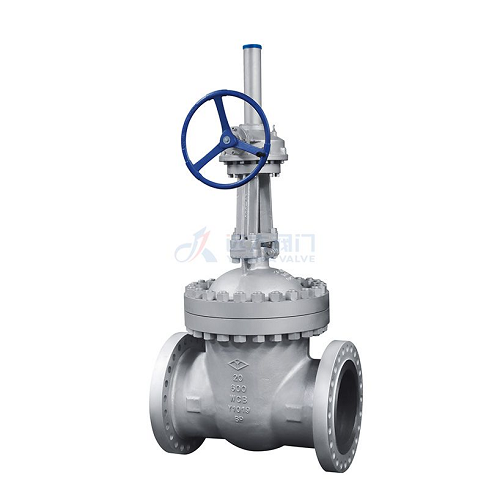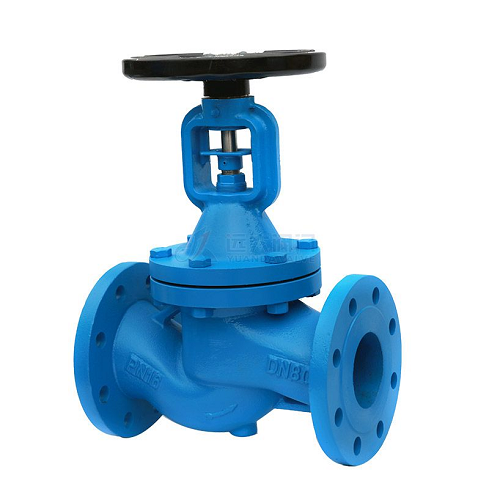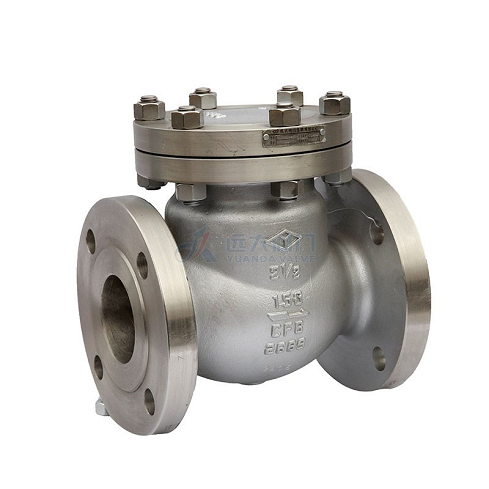In the complex and demanding environment of refinery operations, selecting the appropriate valves is crucial for ensuring safety, efficiency, and reliability. Valves control the flow of fluids, manage pressure, and isolate equipment, playing a pivotal role in various refinery processes. This guide provides insights into selecting the right valves for refinery applications, aligning with industry standards and leveraging the expertise of leading manufacturers like Yuanda Valve Group.
Refinery operations involve diverse processes such as distillation, cracking, reforming, and blending. Each process has specific requirements:
High Temperature and Pressure: Processes often operate under extreme conditions, necessitating valves that can withstand high temperatures and pressures.
Corrosive and Abrasive Fluids: Valves must resist corrosion and abrasion caused by various chemicals and particulates.
Safety and Compliance: Valves should meet industry standards like API, ANSI, and ISO to ensure safety and regulatory compliance.
Different valve types serve specific functions within a refinery:
Function: Provide on-off control with minimal pressure drop.
Application: Used in systems where valves remain either fully open or closed, such as in feed lines.
Yuanda Offering: API-ANSI Cast Steel Gate Valves

Function: Allow precise flow regulation.
Application: Ideal for throttling services in cooling water systems and fuel oil systems.
Yuanda Offering: DIN Standard Cast Iron Globe Valves

Function: Prevent backflow, ensuring unidirectional flow.
Application: Used in pump discharge lines to prevent reverse flow.
Yuanda Offering: API-ANSI Stainless Steel Check Valves

Function: Offer tight sealing with quick on-off control.
Application: Suitable for gas lines and low-pressure applications.
Yuanda Offering: API-ANSI Forged Steel Ball Valves
Function: Provide flow isolation and regulation with a compact design.
Application: Used in large diameter pipelines for water, air, and gas services.
Yuanda Offering: DIN Standard Cast Iron Butterfly Valves
Selecting the right material is vital for valve longevity and performance:
Carbon Steel (WCB, WCC): Suitable for general services with moderate temperatures and pressures.
Stainless Steel (CF8, CF8M): Offers excellent corrosion resistance for handling aggressive chemicals.
Alloy Steels (WC6, WC9): Designed for high-temperature services, such as steam lines.
Duplex Stainless Steel: Combines strength and corrosion resistance, ideal for chloride-rich environments.
Yuanda Valve Group provides a comprehensive range of materials to meet these diverse requirements.
Adherence to industry standards ensures safety and interoperability:
API Standards: Define specifications for valve design, testing, and performance.
ANSI/ASME Standards: Cover dimensions, pressure ratings, and materials.
ISO Standards: Provide international guidelines for quality and safety.
Yuanda's valves are manufactured in compliance with these standards, ensuring reliability and global acceptance.
Yuanda Valve Group stands out as a leading manufacturer offering:
Extensive Product Range: Over 4,000 specifications across 12 categories, including gate, globe, check, ball, and butterfly valves.
Global Standards Compliance: Products adhere to GB, ANSI, DIN, BS, JIS, and other international standards.
Quality Assurance: Certified with ISO 9001, API 6D, CE, and other quality management systems.
Industry Experience: Established in 1994, with a presence in over 30 countries and regions.
Selecting the right valves for refinery operations is a complex task that requires understanding process requirements, material compatibility, and compliance with industry standards. Yuanda Valve Group offers a comprehensive portfolio of high-quality valves designed to meet the rigorous demands of the refining industry. By partnering with experienced manufacturers like Yuanda, refineries can ensure safe, efficient, and reliable operations.
For more information on Yuanda Valve Group's products and solutions, visit their official website: https://www.yuandavalves.com/